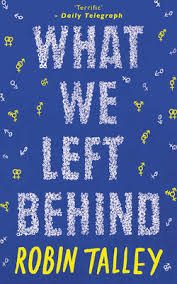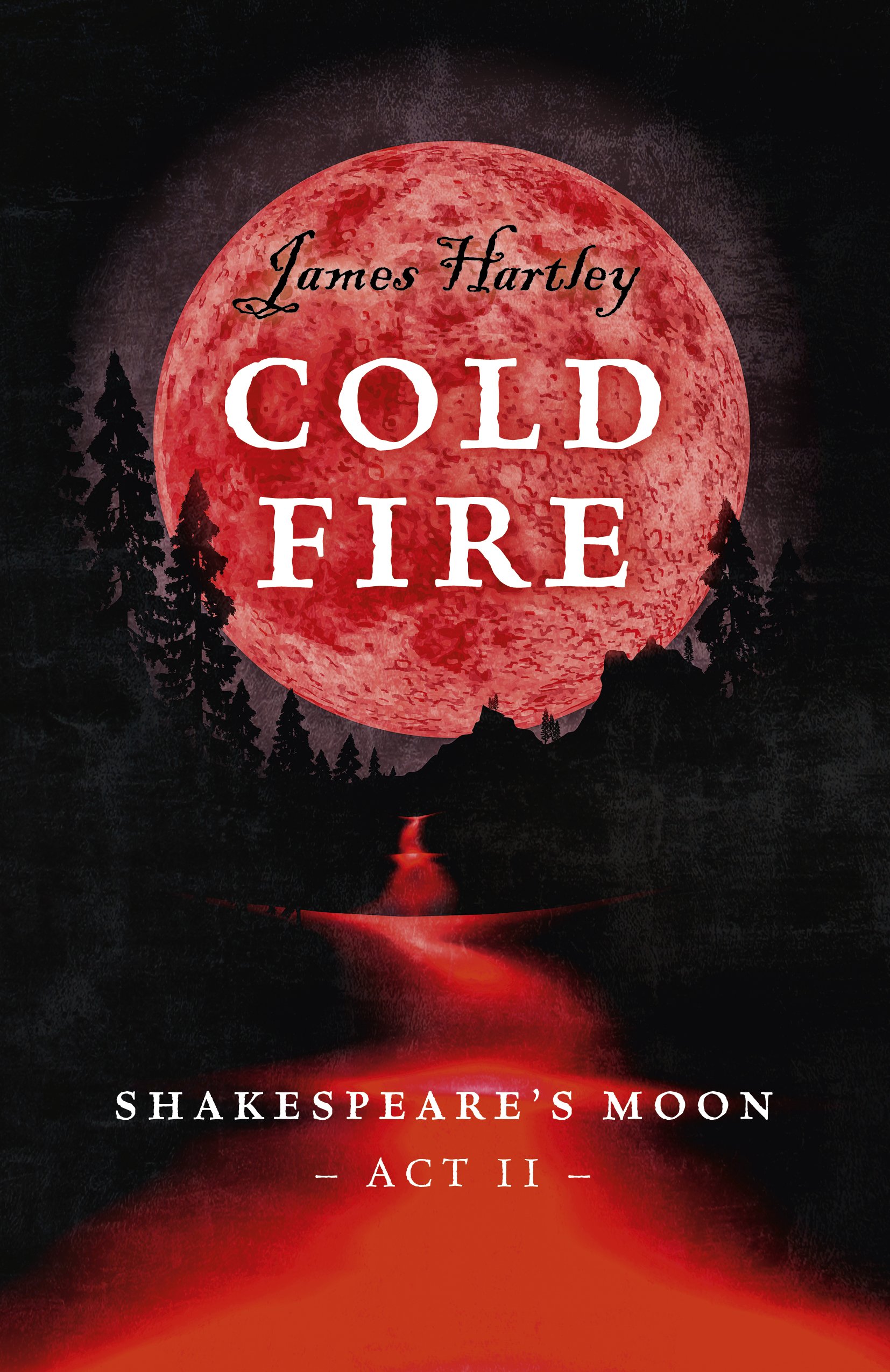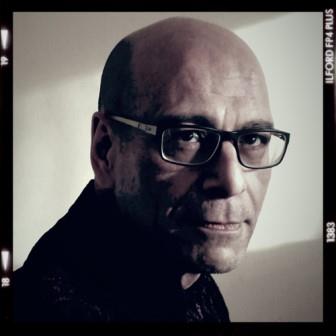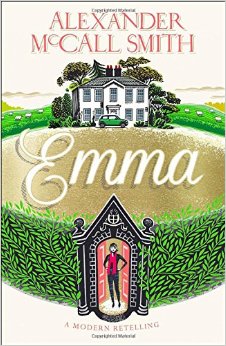
I’m aware that much of what I read is, let’s say, comfortable.
In particular, I read a lot of crime fiction, especially psychological crime, frequently featuring middle class women doing rather middle class things. (I’m even sure ‘rather’ is quite a middle class word, now I come to think about it.) Even when they’re transplanted to Germany or Norway, my heros and heroines, and even my wrongdoers, tend to be middle class, white, straight and cisgender. So although I was aware of the #weneeddiversebooks campaign, I was only tangentially aware.
And then, I was offered the chance to read Robin Talley’s ‘What we Left Behind’, a book that seems determined to make the diverse everyday and the ‘norms’ bland. This seemed like the perfect opportunity to expand my own reading a little, as well as an opportunity to revisit modern YA, which I’ve neglected a bit since taking a break from teaching.
What’s it about?
‘What we Left Behind’ is a love / coming of age story featuring two teens heading off to different universities. They never fight; they’re hopelessly in love; and their perfect relationship is the envy of their entire high school. But when one of them moves to Boston and the other to NY (which was not the plan), can they make a long distance relationship work?
It’s classic YA stuff, but there’s more. As Toni’s gender identity shifts, Gretchen wonders where she fits into Toni’s world. After all, if her girlfriend becomes a man, is she still a lesbian? And as Toni is enveloped by the welcoming transgender community, does s/he still need Gretchen?
What’s it like?
Fascinating, frustrating, totally normal but very controversial – and not at all in the ways you might anticipate.
I liked the way Gretchen and Toni’s relationship is presented; you just know that any relationship where the couple “never fight” has some serious issues and it’s completely convincing as they muddle along and make mistakes and there’s a really valuable lesson embedded in here about not centering your entire existence around one person. (I know, I know, but I can’t help reading moral messages into YA fiction.)
Author Robin Talley makes effective use of time, shifting our perspective incrementally by revealing what happened in the period prior to University in a carefully devised sequence that encourages our understanding of Gretchen, Toni and their relationship to evolve. Alternate chapters are narrated by Toni and Gretchen in the first person, which works really well to help readers empathise with them both.
I also found the ‘issues’ raised in the book interesting. There’s a lot of dialogue surrounding pronouns and their use, which consists of fairly basic information and ideas, but is all pertinent, especially to the previously uninformed like me, but more crucially, it’s made meaningful by Talley’s application of Toni’s changing perspective to the text. So, when Toni is speaking, Toni uses pronouns (or not) according to Toni’s latest view on them, as does Gretchen. It’s interesting to see this in action, helps make Toni’s changing attitudes clearer to readers, and encourages you to think about the impact of pronouns in your world (see! Another moral message. YA’s full of them.)
So there’s much to enjoy. But.
What’s not to like?
It’s surprising how few straight relationships are featured in the book. Yeah, I know, there’s certainly an argument that these are over represented elsewhere, and yet, it does feel slightly odd that everybody T knows is gay, even at high school. (At university T deliberately cultivates friendships ONLY with LGBTQIA people, so the exclusivity makes sense…but surely there were some nice straight people at T’s high school that she might have kept in touch with?) Gretchen seems equally determined to befriend only ‘queer’ people and, perhaps more to the point, the only straight, monogamous, lasting relationship portrayed in the book is just awful.
In fact, all the cis characters are awful, except T’s sister, Audrey. Possibly this is why some reviewers have taken seriously what is surely a joke – a moment when T states that they’re the only white person in their dorm, but they’re LGBTQIA, so that’s alright because they’re contributing diversity in that way. Similarly, I’ve seen a fuss made over Gretchen’s comment about straight being ‘boring’ and T proclaiming that T’s roommates have no right to comment on feminism until they stop trying to be all hyper girlie girl (I’m paraphrasing here). These girls are 19. Of course they’re going to say – and do – daft things sometimes, or even a lot of the time, and we should cut them some slack. They’ll grow older and (we hope) wiser. (Gretchen makes this exact point about one of her sillier, ruder friends.)
Besides, there’s a bigger issue to consider.
Transgender and genderqueer: not the same thing
I don’t claim to know, well, anything, really, about transgender or genderqueer people, hence part of my interest in this book, so I felt it would be remiss of me to write my review without trying to get a feel for what some of the more LGBTQIA aware book reading community felt. In a nutshell, there seems to be a complaint regarding terminology, with a number of readers upset that, in their view, Talley is presenting genderqueer as a phase some folks move through on their path to actually transitioning, i.e. becoming transgender. I can see where the anger and frustration has arisen – if you identify as genderqueer as an actual identity you’re unlikely to want to be told that, actually, you’re just hesitating to transition, and that you’re really transgender but not accepting it well.
But, BUT. That isn’t what Talley is saying at all. Sure, one of T’s friends summon T over one time to a ‘meeting of the formerly genderqueer’, but T is very careful not to conflate the two terms and struggles to decide which term T most identifies with. (T talks a lot about terms.) Furthermore, one of the things I liked about the book was the way it captured the easy ‘banter‘between friends. T and Gretchen belong to a generation who are more likely to tell each other to F-off as a sign of affection than they are to use the L word (though T and Gretchen use that word a lot, with increasing anxiety.)
Finally, one of the ambiguities I find most interesting in this book is T’s relationship with T’s new transgender peer group. They initially refer to T using male pronouns, and throughout there’s a sense that the group as a whole, and Derek in particular, is nudging T in the transgender direction (in the same way that many heterosexual groups might self-reinforce and self-police the sexual norms of their peer groups). There’s a particularly telling moment where Derek tells T that he would not have done something T did and T is shocked, thinking that they might not have done that had they known Derek’s opinion. So I’m not an authority on LGBTQIA stuff, obviously, but this book feels very exploratory, rather than didactic.
Final thoughts
This is classic contemporary YA fiction which explores identity issues and the politics around ‘coming out’. The ending is pleasantly positive after T spending basically the entire book feeling confused and frustrated. Both main characters do daft things but they’re completely real characters and you just want to shake them a bit (ok, a lot,) rather than completely disowning them. Definitely worth reading if you enjoy YA featuring romance and coming of age drama.
P.S.
If you’re specifically interested in the LGBT elements then you might also be interested to know that this is Talley’s second book; her first, ‘Lies we Tell Ourselves’, is historical YA which appears to focus on racism and anti-gay sentiments.


